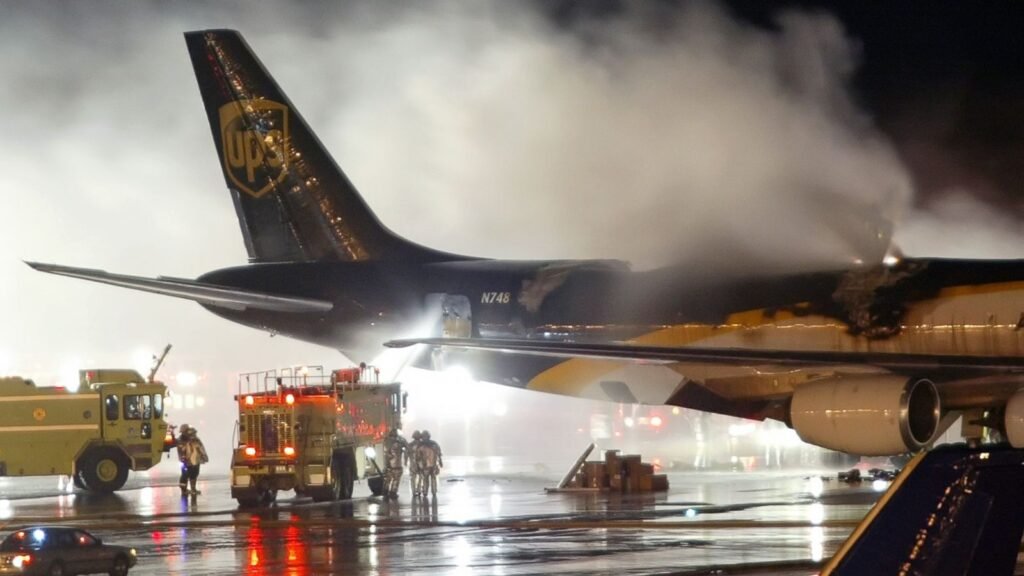Our modern devices run by the use of lithium batteries. They are used in phones, laptops, and cameras. Energy bikes, energy-powered tools, and cars additionally operate on larger batteries. There is a high usage of them, and there are quite stern travel regulations on them. Most passengers are wondering what the reason behind why no lithium batteries on planes, a usual regulation. This can be answered in terms of safety.
Lithium Batteries Embargo: Why?
A substantial amount of energy is stored in a small area in lithium batteries. They are capable of catching fire should they be damaged, short-circuited, or become overheated. Plane fires are extremely dangerous since they are easily propagated in confined flight cabins. Airlines can limit transporting some lithium batteries so as to minimize danger.
What could happen to Lithium Batteries?
Unless subject to unusual conditions, lithium-ion batteries are safe. Accidents do occur. These are examples of general risks:
- Overheating- Can cause an explosion or fire.
- Shorter circuits -Can emit energy quickly.
- Physical damage – the crushed or bent batteries are no longer safe.
- Overcharging: The increase of heat and pressure within the battery.
- A single lithium-ion battery pack may pose a risk of injury when discharged incorrectly, even a small one.
Lithium Battery Airline Guidelines
There are rigid rules for transporting lithium batteries by airlines. Such regulations are aviation safety agencies. Small batteries are permitted on board bags of most bags. Batteries of larger capacity, nevertheless, are limited.
- Batteries of less than 100 Wh are typically permitted.
- The 100160 Wh batteries must be approved by an airline.
- Batteries of more than 160 Wh are largely prohibited.
- Spare batteries should not be packed in the checked luggage, but in carry-on bags.
- Metal objects should not be allowed to come in contact with terminals.
- These are regulations that strike the balance between flyer expectations and flight safety.
The danger of Spare batteries
Extra batteries are worse than those contained in devices themselves. They are open to more short-circuits. Sparks can be initiated when a spark comes in contact with coins, keys, or any other metal objects. That is the reason why airlines request passengers to carry spares safely.
Main Reasons Why Restrictions Should Be Prescribed
The following are the primary causes of restrictions on lithium batteries by the airlines:
- Chance of catching fire and heating up.
- Risk of short circuit.
- Physical destruction-related problems.
- Additional risks when carrying the extra batteries.
- Problems with fighting fires in the air.
List of Safety Tips
Batteries can be transported in a secure way, provided travelers abide by the guidelines.
- Put your batteries in carry-on, not checked baggage.
- Use Covers or tape over terminals.
- Put spares in battery cases.
- Do not carry deformed batteries.
- Pay attention to the instructions of the airlines.
- These measures minimise the risk of travel.
How Cabin Crew are Better Placed to Deal with Battery Fires
Fire control is another cause of the rule. The crew can take action fast in case of an overheated battery in the cabin. They avail themselves of fireproof bags or special extinguishers. A fire can spread in conditions in the cargo hold without being identified. Transporting batteries in carry-on bags will enhance the safety of flights.
Future of Lithium Battery Travel Rules
Development is underway to make batteries safer. Its manufacturers have been enhancing designs to minimize overheating. Nevertheless, stringent principles are probably to be retained. Planes are a sensitive area, and even a minor fire is serious. The bans will persist until alternatives deemed to be safer can be available.
Conclusion
Lithium batteries are quite necessary, and, under some circumstances, dangerous. Airlines need to minimize these risks to save passengers. Safety requirements explain the question of the absence of lithium batteries on airplanes. Short-circuit or overheat fires may be serious in flight. Personal batteries are normally permitted with regulations, but small batteries. Lithium-ion battery pack models that are larger are more restricted. Passengers must never ignore the instructions of an airline and must carry batteries safely.

